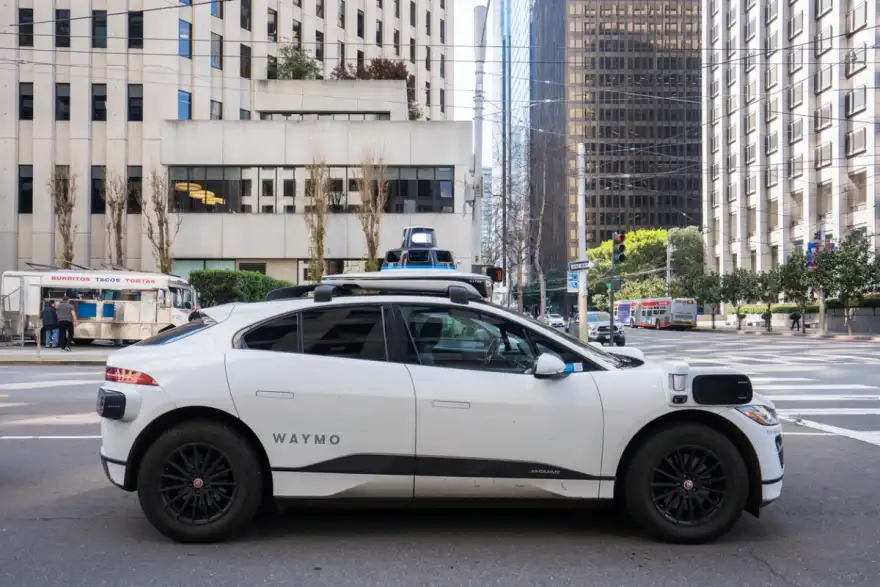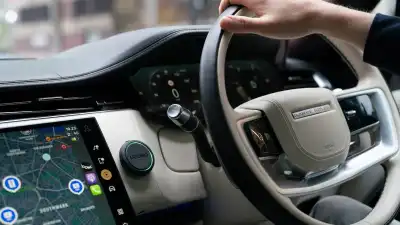
Londoners will soon be able to order a driverless taxi through an app, as Californian autonomous vehicle company Waymo confirms plans to launch in the city in 2026.
The service will use electric Jaguar I-Paces, fitted with Waymo’s own autonomous driving system known as the Waymo Driver. It will operate without a human driver on board, offering rides to tourists, commuters and locals across the capital.
Waymo already runs in five US cities - including San Francisco and Los Angeles - and has logged over 10 million driverless trips. Its London launch follows the UK Government’s decision to allow self-driving vehicle trials from 2026, paving the way for commercial taxi and shuttle pilots without a safety driver.
Transport Secretary Heidi Alexander welcomed the news, saying she’s “delighted that Waymo intends to bring their services to London next year.”
What is Waymo and why London?
Waymo, owned by Google’s parent company Alphabet, already has engineering hubs in London and Oxford, where teams work on simulation and software for autonomous driving.
The company says its taxis will complement London’s existing transport network, not compete with it. Waymo also claims its tech could help reduce serious injuries and fatalities on the city’s roads.
In the US, data from more than 96 million driver-only miles shows that Waymo’s system has been involved in 11 times fewer serious crashes and 12 times fewer pedestrian injuries than human drivers.
“We’re thrilled to bring the reliability, safety and magic of Waymo to Londoners,” said Waymo co-CEO Tekedra Mawakana. “We’ve shown how to responsibly scale fully autonomous ride-hailing, and we can’t wait to expand those benefits to the UK.”
What will it cost?
Early reports from the US suggest Waymo rides are pricier than traditional taxis.
The Economist estimates that Waymo trips cost 20–40% more than Uber or Lyft. A recent comparison by Business Insider found that a 12-minute Waymo ride in San Francisco cost $16, compared with $13 for Uber and $10 for Lyft (after discounts).
Waymo says its prices vary depending on distance, duration and demand, similar to other ride-hailing platforms.
Not without controversy
Despite its safety record, Waymo has faced public backlash. Earlier this year, several of its vehicles were vandalised and set on fire during protests in Los Angeles. Police warned that burning electric cars posed serious risks due to toxic fumes from lithium-ion batteries.
Even with these challenges, Waymo is pressing ahead. Alongside London, it’s expanding to Miami, Washington, Dallas, Denver, Seattle, Nashville and Tokyo.
And with the UK’s Automated Vehicles Act due to take effect in 2027, the move could help create tens of thousands of new jobs and cement Britain’s place among the world leaders in autonomous tech.
Would you step into a car with no driver at all? That’s the question Londoners will have to answer when Waymo hits the streets in 2026.



